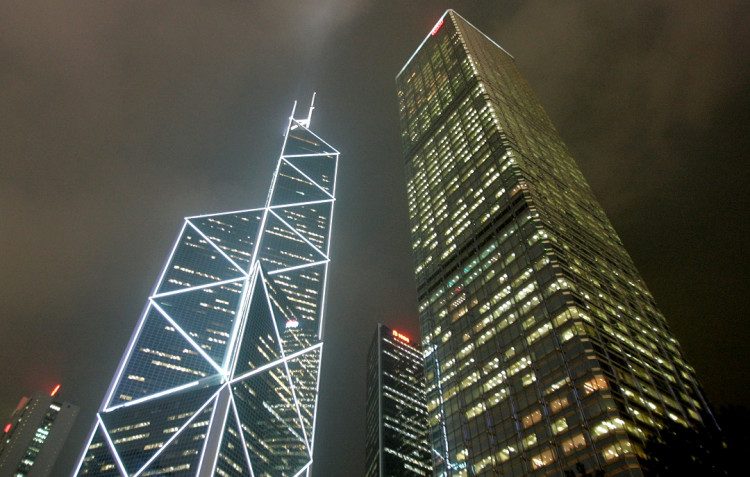The Caixin-Markit Economics China general services purchasing managers' index fell Thursday to 55.1 in May from a four-month high of 56.3 in April as a result of the effects of COVID abroad.
However, the index has risen for 13 consecutive months. New order growth eased but remained robust, Markit said Thursday. Employment rose for a third consecutive month, it said.
At the same time, export orders shrank. Order backlogs accumulated the most in over a year. "Cost pressures continued to build amid higher prices for raw materials, energy, staff and transport. Notably, the rate of input cost inflation was the highest since November 2020. Prices charged, meantime, increased again, with the rate of inflation the quickest so far this year. Finally, confidence was strongly positive, though the overall degree of optimism edged down to a four-month low," Markit said.
Elsewhere China's services sector expanded at a slower pace in May than April "as business confidence dipped to a four-month low," Markit said, quoting the Caixin-sponsored survey.
The "expansion in manufacturing and services maintained its momentum as both supply and demand expanded," Caixin Insight Group senior economist Wang Zhe said. "Overseas demand was generally good, but service exports were affected by the pandemic."
A breakdown of the May services index showed total new business expanded at a slower pace in May than the previous month. The gauge for new export business fell into contractionary territory last month owing to the resurgence of the COVID-19 virus in other countries across the world.
In the services sector, the employment measure dipped in May from the previous month, while maintaining the expansionary trend for the third consecutive month. Backlogs of work moved into positive territory in May, with surveyed companies saying growth in new orders put pressure on their operating capacities.
Wang said there would be heightened inflationary pressure in the months ahead. "Inflation remained a crucial concern as the price gauges in manufacturing and services both rose last month. The price transmission effect emerged," he said.
"Inflationary pressure would limit the room for monetary policy maneuvering, which could hinder the economic recovery. Some enterprises began to hoard goods in response to rising raw material prices, while others suffered raw material shortages. Supply chains were also significantly affected."
China's official services index, released by the National Bureau of Statistics Monday, fell slightly to 54.3 in May from 54.4 in April.
Meanwhile, the Caixin China general composite index dropped to 53.8 in May from a four-month high of 54.7 in April.
In Hong Kong the IHS Markit Hong Kong PMI rose to 52.5 in May 2021 from 50.3 in April. This was the fourth consecutive month of growth in the private sector and the steepest pace since February 2014 as a result of a further easing of COVID-19 restrictions at the end of April.
Output grew the most since February 2018. New orders rose further while new business from abroad went up for the first time since March 2019 - including new business from the mainland which saw growth after falling in the earlier 25 months.






